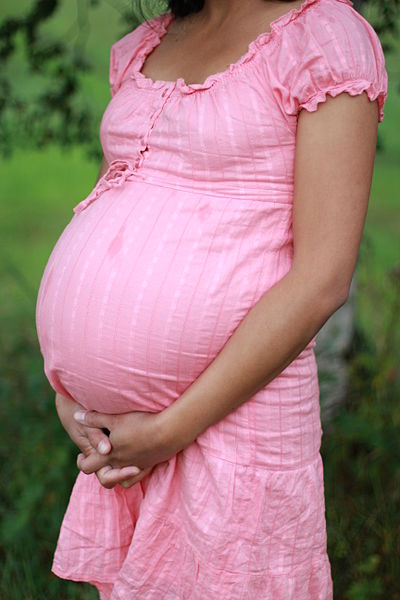Aggregated News

Agreeing to be a birth mother in a surrogacy arrangement is a precious gift to people wanting a child. But if it’s poorly regulated, it can lead to women being seen as just useful wombs.
No one knows exactly how many surrogacy arrangements have been made or how many children have been born this way to New Zealanders since the Human Assisted Reproductive Technology (HART) Act was passed in 2004, because no comprehensive records are kept. But surrogacy makes up less than 1 percent of fertility clinic treatment cycles here. There’s no guarantee of a live birth.
The Law Commission’s best guess is that around 50 children are born through surrogacy each year, including through international commercial surrogacies. The child usually has a genetic connection to at least one intending parent – though not when two donors are used. And in some cases the birth mother is the genetic mother.
(The Law Commission calls her ‘the surrogate’, but ACART (advisory committee) and ECART (ethics committee) use 'birth mother' – the most accurate term for her role.
There is one big gap...



